Events
40th Anniversary: Martha Argerich and Otsuki Bunzo—Bach’s Partita meets Japanese Noh
2022.05.31(Tue)
ATAMIZA Special Event
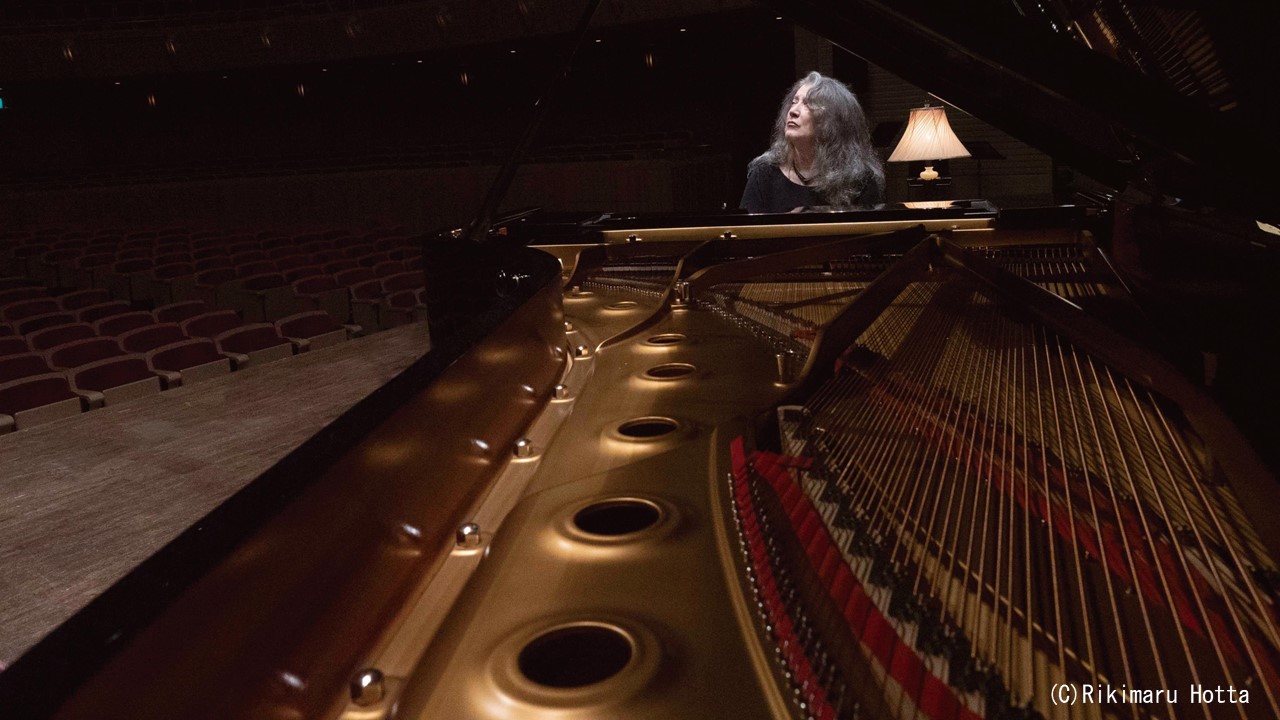
Overview
May 31, 2022 starting at 16:00 (venue open at 15:00)
at Noh Theater, MOA Museum of Art
Performed by
Martha Argerich (piano),
Otsuki Bunzō (Kanze school Noh performer and a Living National Treasure of principal Noh performance)
Tatsumi Manjirō (Hosho school Noh performer)
Ōmiya Rintarō (violiin),
Sakaguchi Gentarō (viola), and
Ichi Hiroya (cello)
Ticket: 31,000 yen (Reserved seats only, the price includes the museum admission) Museum Membership concession: 28,000 yen
MOA Museum Members Exclusive: tickets available from Fri. February 11 (10:00)
◎Other tickets are available from Fri. February 25 (10:00)
Purchase your tickets online from our official site, by Ticket PIA service online (in Japanese only) or from your nearby SevenEleven shops
MOA Museum of Art presents
in association with Argerich Arts Foundation
Inquiries: The Noh Theater, MOA Museum of Art Tel.0557-84-2500 (open between 10:00 and 17:00 from Friday through Wednesday)
PROGRAM
Piano Quartet No. 3 in C major (WoO 36, No. 3) Ludwig van Beethoven
Martha Argerich (piano)
Ōmiya Rintarō (violin)
Sakaguchi Gentarō (viola)
Ichi Hiroya (cello)
Noh program: KANTAN
Otsuki Bunzō
Commentary by Tatsumi Manjirō
Partita No. 2 in C minor (BWV 826) Johann Sebastian Bach accompanied by Noh performance
Martha Argerich (piano)
Otsuki Bunzō (stage performance)
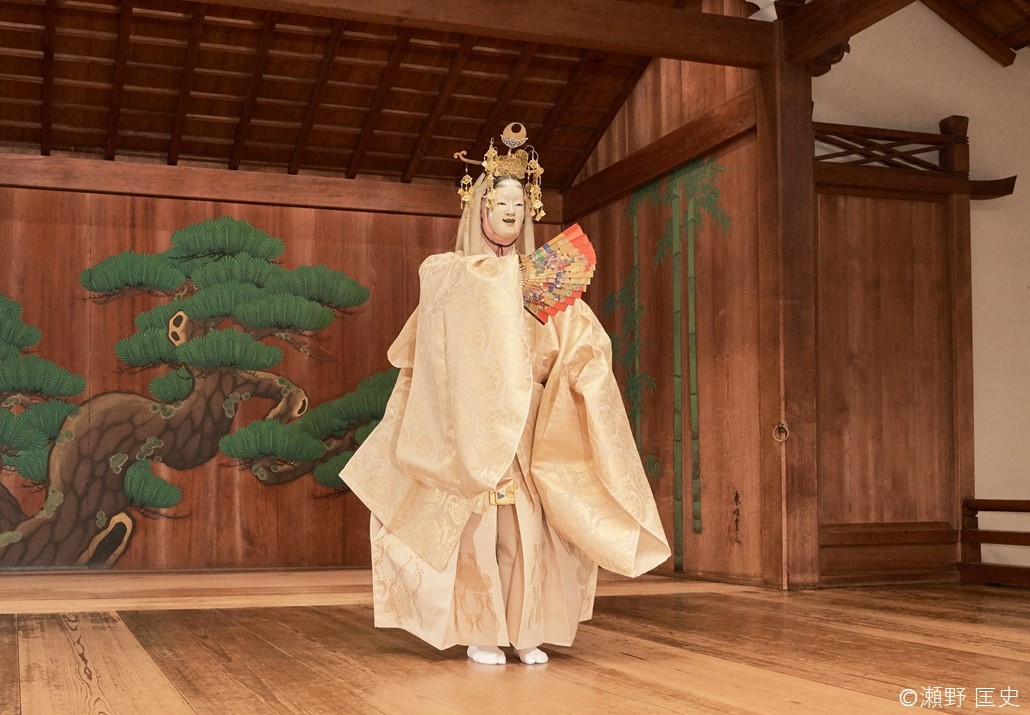
ARTISTS
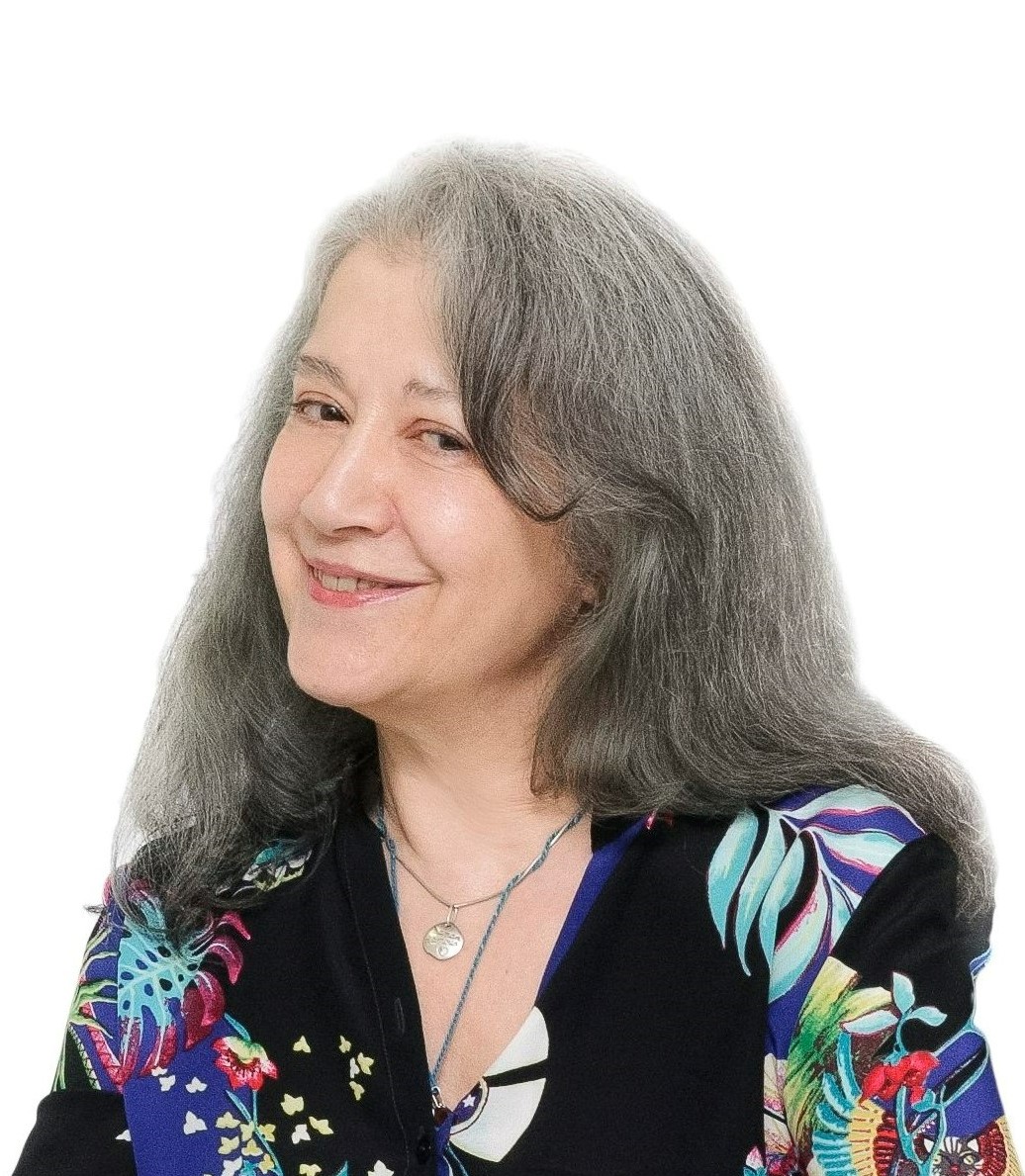 ©Rikimura Hotta
©Rikimura HottaMaria Martha Argerich
Originally from Buenos Aires, Argentina, Martha is an internationally loved and highly esteemed pianist. She won the Ferruccio Busoni International Piano Competition (1957), the Geneva International Music Competition (1957), and VII International Chopin Piano Competition (1965). She has been General Director of Beppu Argerich Music Festival since 1996. She was decorated with the Ordre des Arts et des Lettres by the government of France in 1996, and in 2005, she was decorated with the Order of the Rising Sun, Golden Rays with Rosette by the government of Japan as well as received the Praemium Imperiale from the Japan Art Association. Her further decoration was with the Order of the Rising Sun, Golden Rays with Neck Ribbon by the government of Japan in 2016. In the same year, she received the Kennedy Center Honors. In 2018, the Italian Republic presented her with its decoration “Commendator.” Her CDs have been released from numerous labels such as Deutsche Grammophon, EMI, RCA, Sony, Philips, and Teldec, and received the Grammy Awards, Le Monde de la Musique CHOC Award, Grammophon Awards the Artist of the Year, and German Record Critics' Annual Award, to name a few. She received the 39th Kennedy Center Honors, that honors those in the performing arts for their lifetime of contributions. The cultural institution based in Washington D.C. recognized her as one of the greatest pianists of the twentieth and twenty-first centuries. The honor presentation was held at the White House. She is the president of Argerich Arts Foundation.
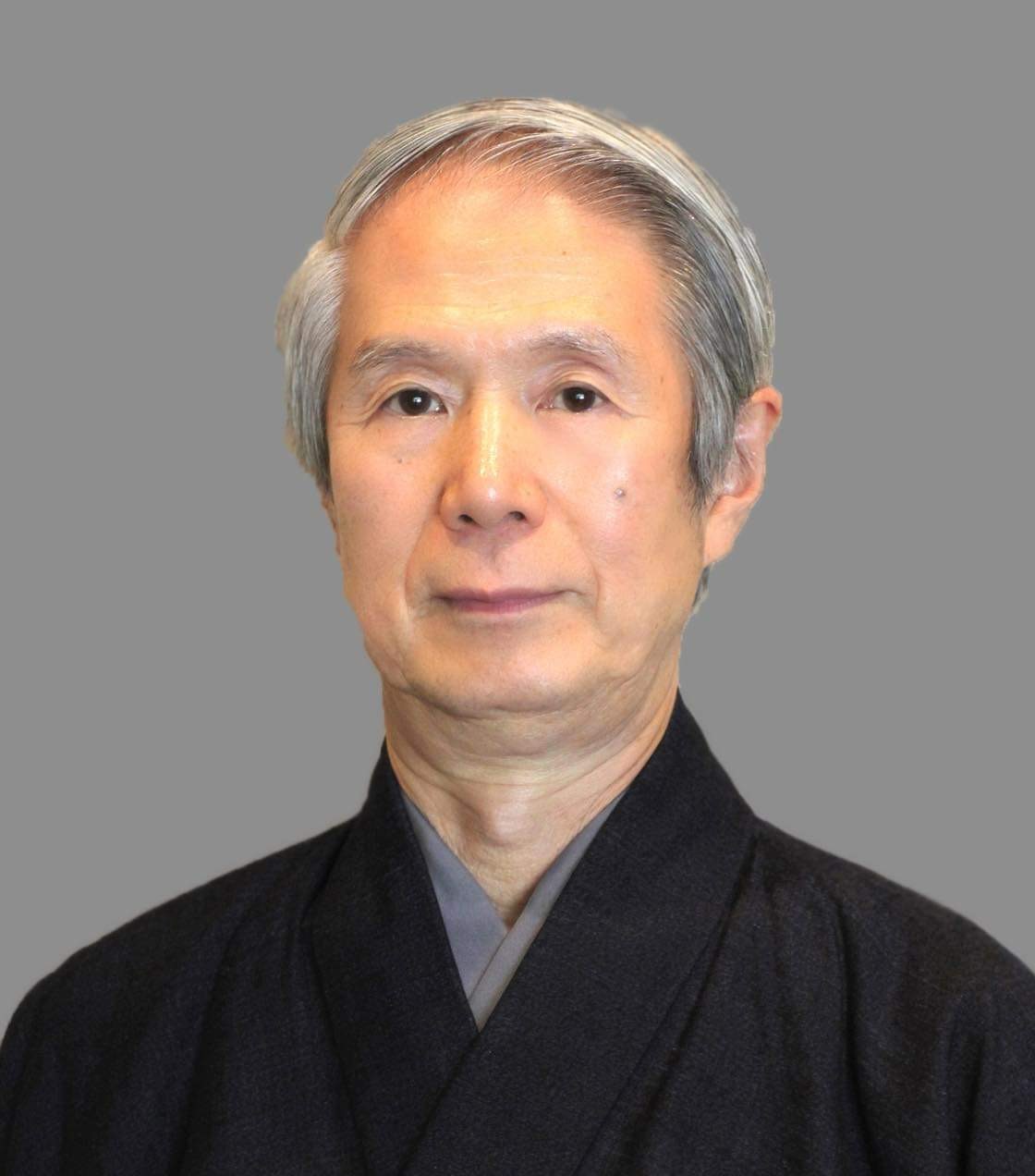
Otsuki Bunzō
Otsuki was born in Osaka in 1942 as a son of Otsuki Hideo, who was a successor of Jūzō, all of whom performed in the Kanze school. Bunzō also trained under Kanze Hisao. He took to his first stage at age 5, in the program “Kurama Tengu.” He premiered in many Noh classics, including Sotowa Komachi, Higaki, and Sekidera Komachi. He has also been proactive in reviving obsolete numbers and creating new plays of Noh. Awards include the Matsuo Performing Arts Award (1996), the Kanze Hisao Memorial Award by Hosei University (1998), and the Art Commendation Honor by the Minister of Education (2000). In 2002 he was decorated with the Medal of Honor with a Purple Ribbon from the Government of Japan. He was designated as a holder of important intangible cultural properties of Japan in the category of Noh principal performance (Living National Treasure) in 2016, and Person of Cultural Merit in 2018.
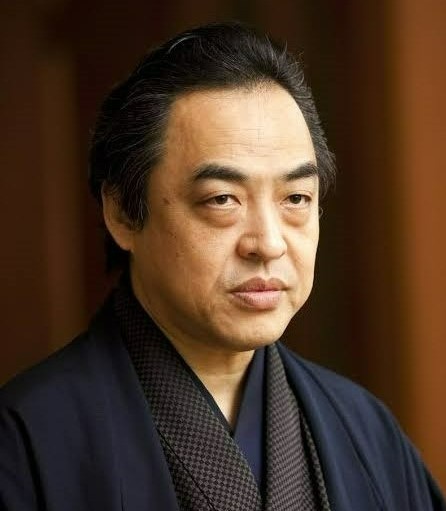
Tatsumi Manjirō (stage director/commentary)
Tatsumi is a Noh performer of the Hōshō school. Born in Kobe in 1959, he underwent training with the 18th Master Hōshō Hideo as well as his own father Tatsumi Takashi. As an active member of the lineage, he perpetuates the tradition of the art as well as produces and performs new pieces, including Macbeth, Othello, and the Tale of Genpo. He is a board member of the school’s association Hosho Style and President of the Japan Art and Culture Strategy Organization (JASCO). He is a proactive member of the Cultural Ambassador program by the Agency for Cultural Affairs, Government of Japan. He contributes to MOA Museum of Art as a Noh Committee member. He is a collective holder of the Important Intangible Cultural Property.
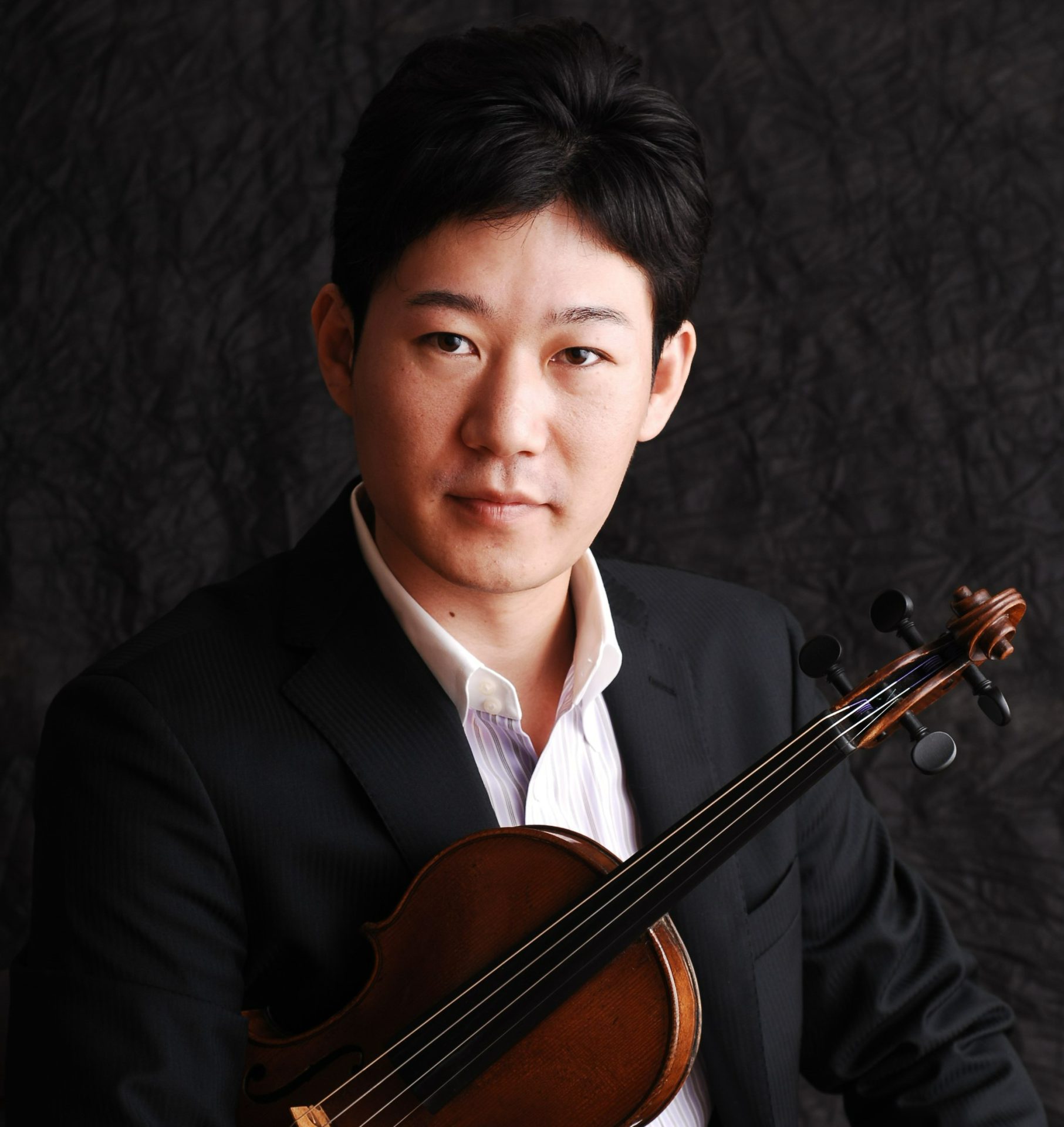 Ōmiya Rintarō
Ōmiya Rintarō Born in Yokohama in 1981, Ōmiya studied the violin under Tatsumi Akiko and Hori Masafumi. He came in the third place in the 69th Music Competition of Japan (2000). In the same year, he won the Millenium New Classical Music Audition and received the judge panel award. In 2001, he came in the fifth place in the Sendai International Music Competition, awarded with the audience prize. In the 2002 Yehudi Menuhin International Competition for Young Violinists, he was in the second place, and a finalist in the 2003 Prague Spring International Music Competition. While stidying at a music college Toho Gakuen, he joined the prestigious NHK Symphony Orchestra. He performed with the Vienna Virtuoso in 2005 at Mainichi Solisten, playing Mozart’s Vilion Concerto No. 5 “Trkish.” From December 2008, he studied in Freiburg, Germany on the Affinis Arts Foundation scholarship. He has also performed with Seiji Ozawa Music Academy and the Saito Kinen Orchestra, as well as a member of chamber music groups, such as the Kioi Hall Chamber Orchestra, Hibiki, PACE, Virtuoso Quartet, and Quintet Esperanza. Principal violinist of the second violin section at the NHK Symphony Orchestra.
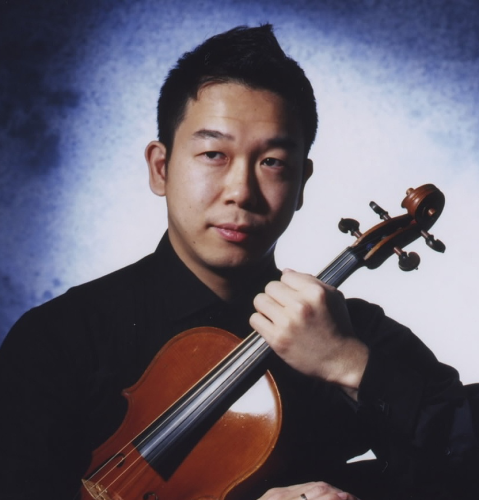 Sakaguchi Gentarō
Sakaguchi Gentarō Sakaguchi is an acting vice principal of the viola section at the NHK Symphony Orchestra. He majored in the viola at the Graduate School of Tokyo University of the Arts. He came in the third place in the 9th Japan Chamber Piano Competition (by performing a duet for viola and pianoforte with Harada Kyoko) and was awarded an incentive award. He is also an active member of APERTO QUARTET and the Chamber Music with Members of the NHK Symphony Orchestra. His viola tutors include Nakatsuka Yoshiaki, and he trained in duet for viola and pianoforte with Matsubara Katsuya.
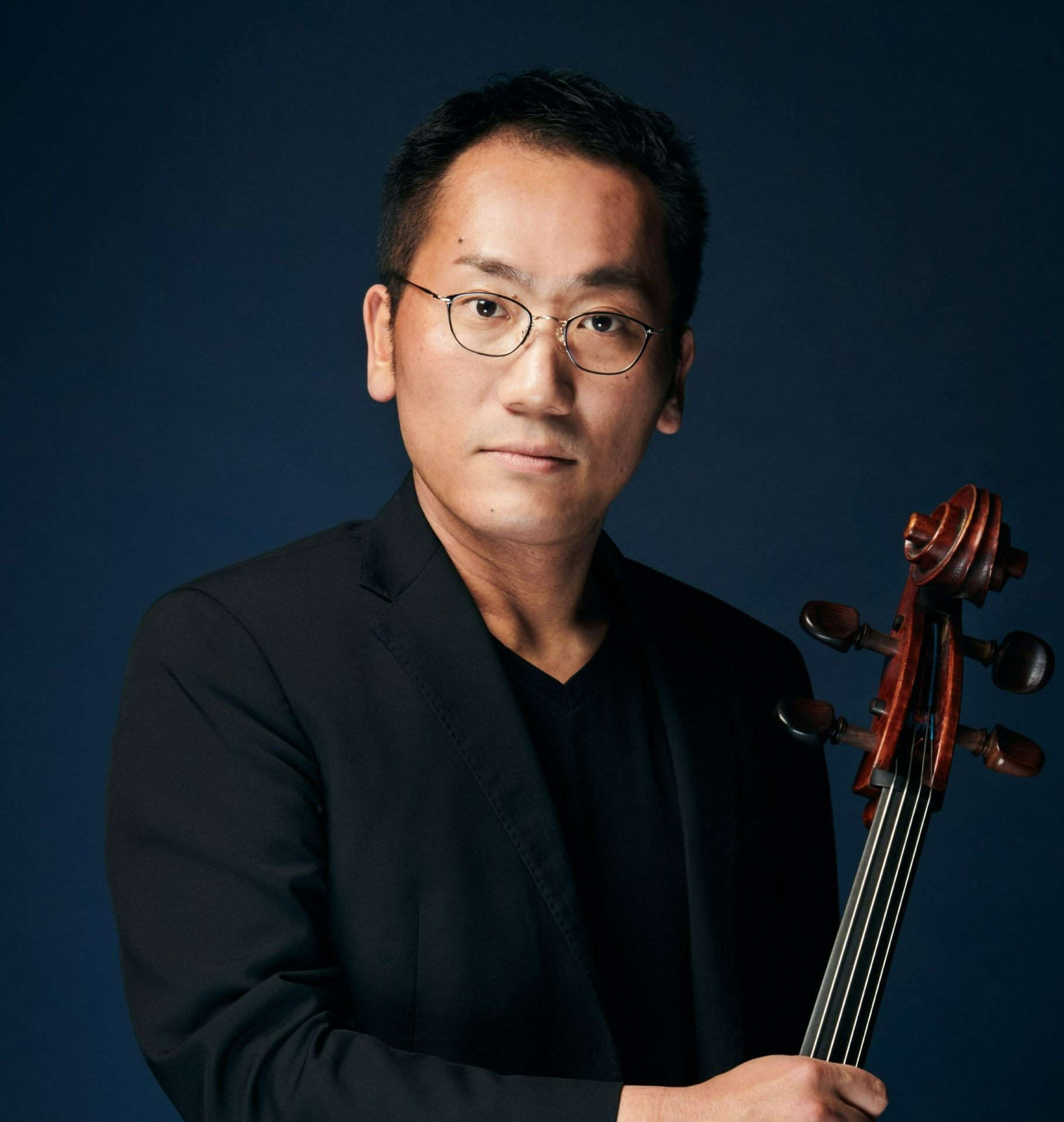 Ichi Hiroya
Ichi HiroyaFukuoka-born Ichi completed his studies in music at the Tokyo University of the Arts and its Graduate School and was awarded by the school for his excellent achievements. His other awards include Midori no Kaze Music Award by RISONARE Chamber Music Seminar. He also garnered a scholarship by the Matsuo Academic Foundation. He has performed in the Spring Festival in Tokyo and the Kitakyushu International Music Festival. He is a regular guest principal at the Hyogo Performing Arts Center Orchestra. He studied under Hanno Simons of the Bavarian Radio Symphony Orchestra in Munich, Germany, on the Affinis Arts Foundation scholarship. A member of cello quartet group Quartet Explloce. Featured on NHK-FM radio program. His recordings are released from the King Record. He is also involved in Across Quartet, Ogata Residence Quartet, and Tokyo Junior Orchestra Society. Cellist at the NHK Symphony Orchestra.
Visitor information about COVID-19 precautions in place at MOA Museum of Art
>In an event of government policy to limit the number of audiences due to coronavirus precautionary measures, canceled tickets will be refunded. >Ventilation will be in operation in the auditorium. >Hand sanitizers are provided at the venue. >Regular cleaning is in operation to disinfect surfaces of frequent contact, such as door handles, seats, etc. >Museum staff wear a face mask while on duty.
Please observe the precautionary practices
>You wear a mask and cover your mouth when coughing or sneezing >Refrain from attending the event if you have signs of physical symptoms, such as coughs, sore throat, high temperature, and lethargy.
Thank you for your understanding and cooperation.
